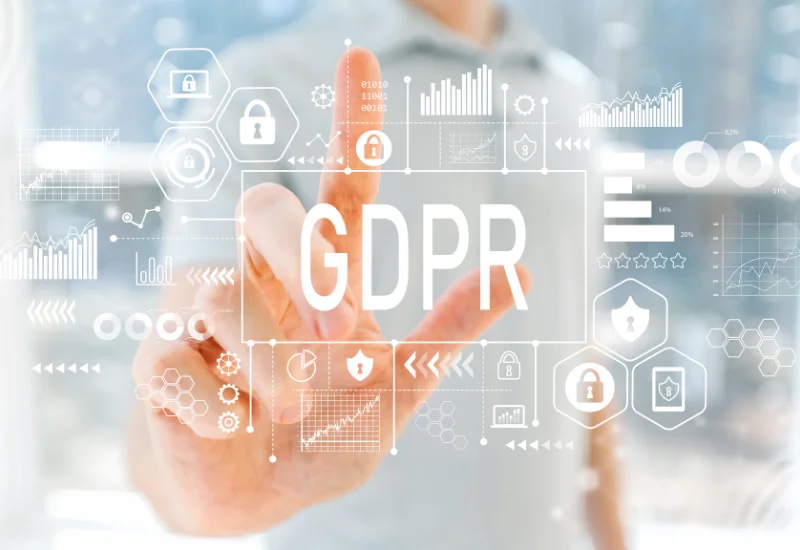If you run a business, GDPR is likely a familiar term. This stringent data protection regulation, in effect since 2018, impacts not only European Union businesses but also those beyond its borders. GDPR focuses on safeguarding personal data and ensuring proper collection and processing by companies.
While you’ve likely taken steps to secure your network, have you considered the implications for your visitor management? Tracking who enters and exits your premises is vital, but it’s equally essential to ensure GDPR compliance.
Visitor management comes in various forms, whether through paper logs or digital systems. Establishing a robust strategy for legally collecting and handling visitor personal data is crucial.
In this article, we address key questions:
- What is GDPR?
- Why was GDPR implemented?
- Does GDPR affect American companies?
- Consequences of non-compliance
- The significance of GDPR in visitor management systems
- GDPR compliance with paper sign-in sheets
- Ensuring GDPR compliance in your VMS
Understanding GDPR
The General Data Protection Regulation (GDPR) is the most stringent data protection law globally, designed to empower individuals with greater control over their personal data and its processing. It applies to any organization processing personal data of EU individuals, regardless of its location.
To ensure compliance, GDPR establishes seven core principles for organizations when collecting, using, and storing personal data:
- Lawfulness, Fairness, and Transparency: Personal data must be processed transparently, with explicit consent obtained from individuals regarding its use.
- Purpose Limitation: Organizations must have a clear purpose for collecting personal data.
- Data Minimization: Only necessary personal data should be collected for specific purposes.
- Data Accuracy: Processed personal data must be accurate and up-to-date.
- Storage Limitation: Personal data must not be retained longer than necessary for its intended purpose.
- Integrity and Confidentiality: Organizations must implement safeguards to protect personal data against unauthorized access, loss, or damage.
- Accountability: Organizations are responsible for how they collect, use, and store personal data, often appointing a Data Protection Officer (DPO) to oversee data protection practices.
GDPR also grants individuals specific rights, including the “right to be forgotten,” which allows data erasure, as well as the right to access, move, and object to the use of their data. In case of data breaches, individuals have the right to be notified.
Navigating GDPR in visitor management is crucial to ensure compliance while maintaining effective security and data handling practices.

